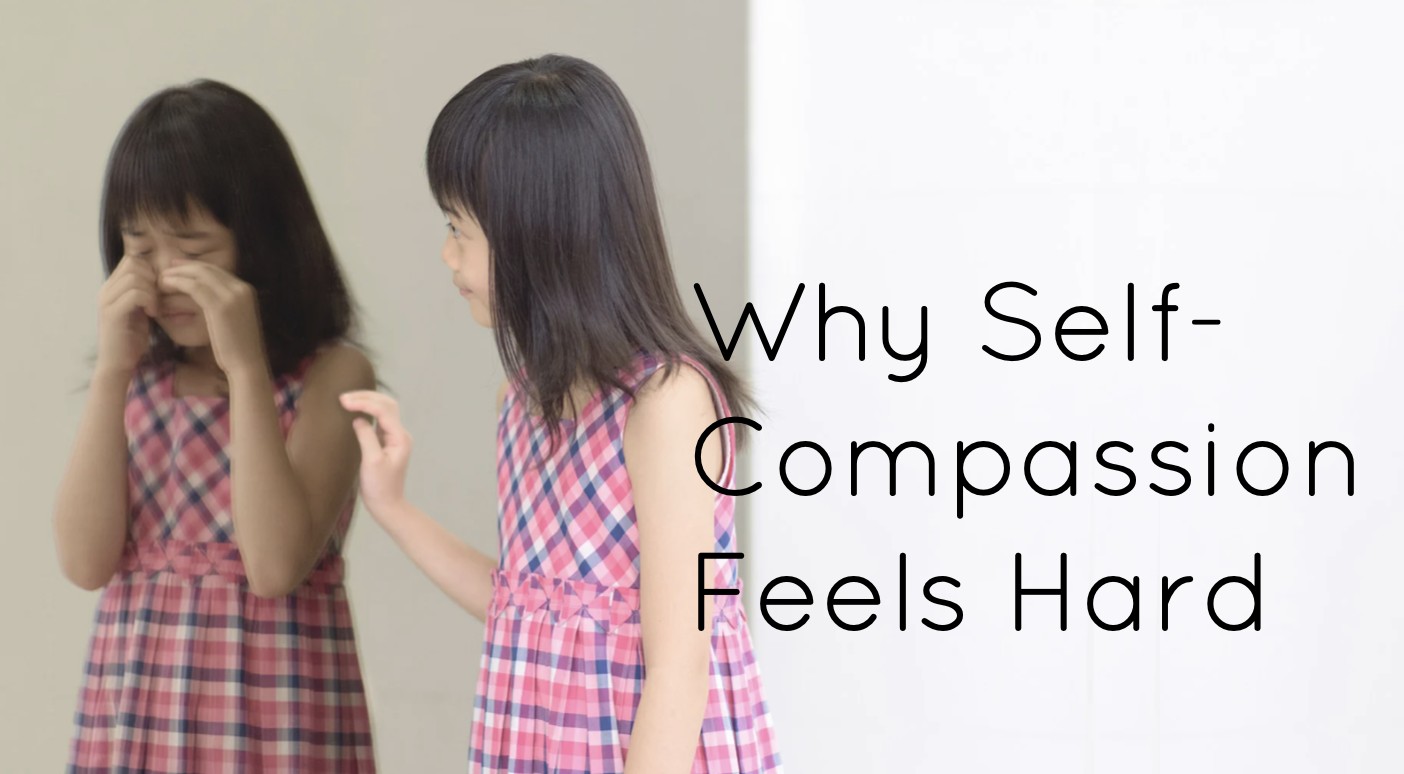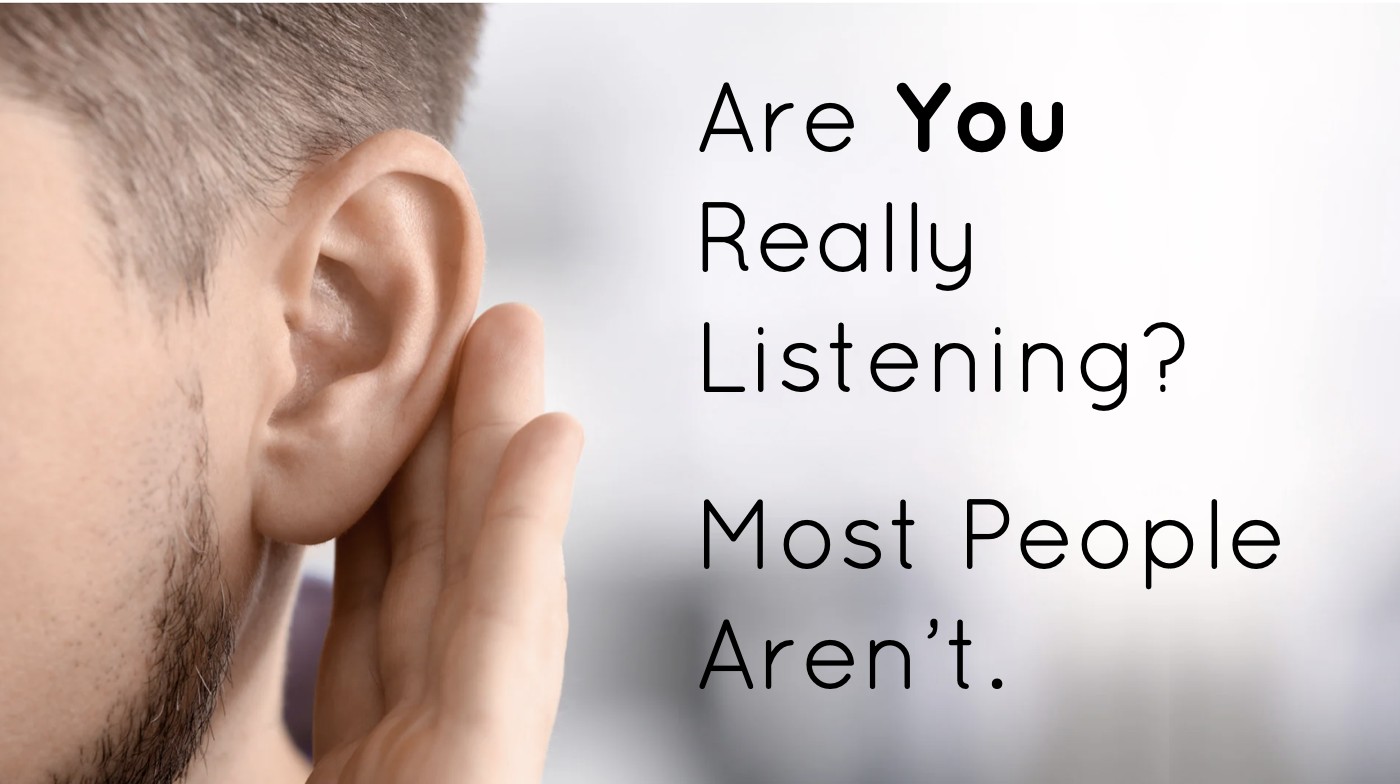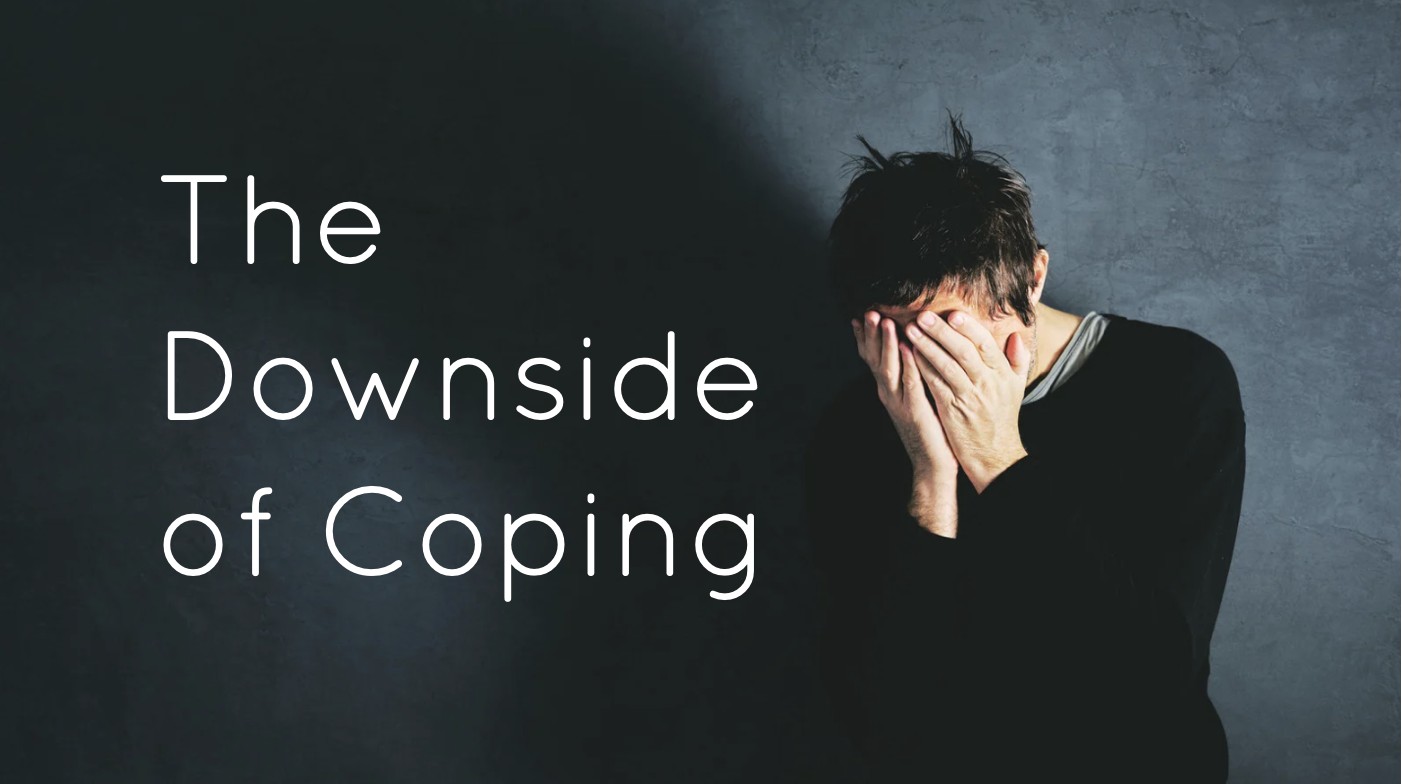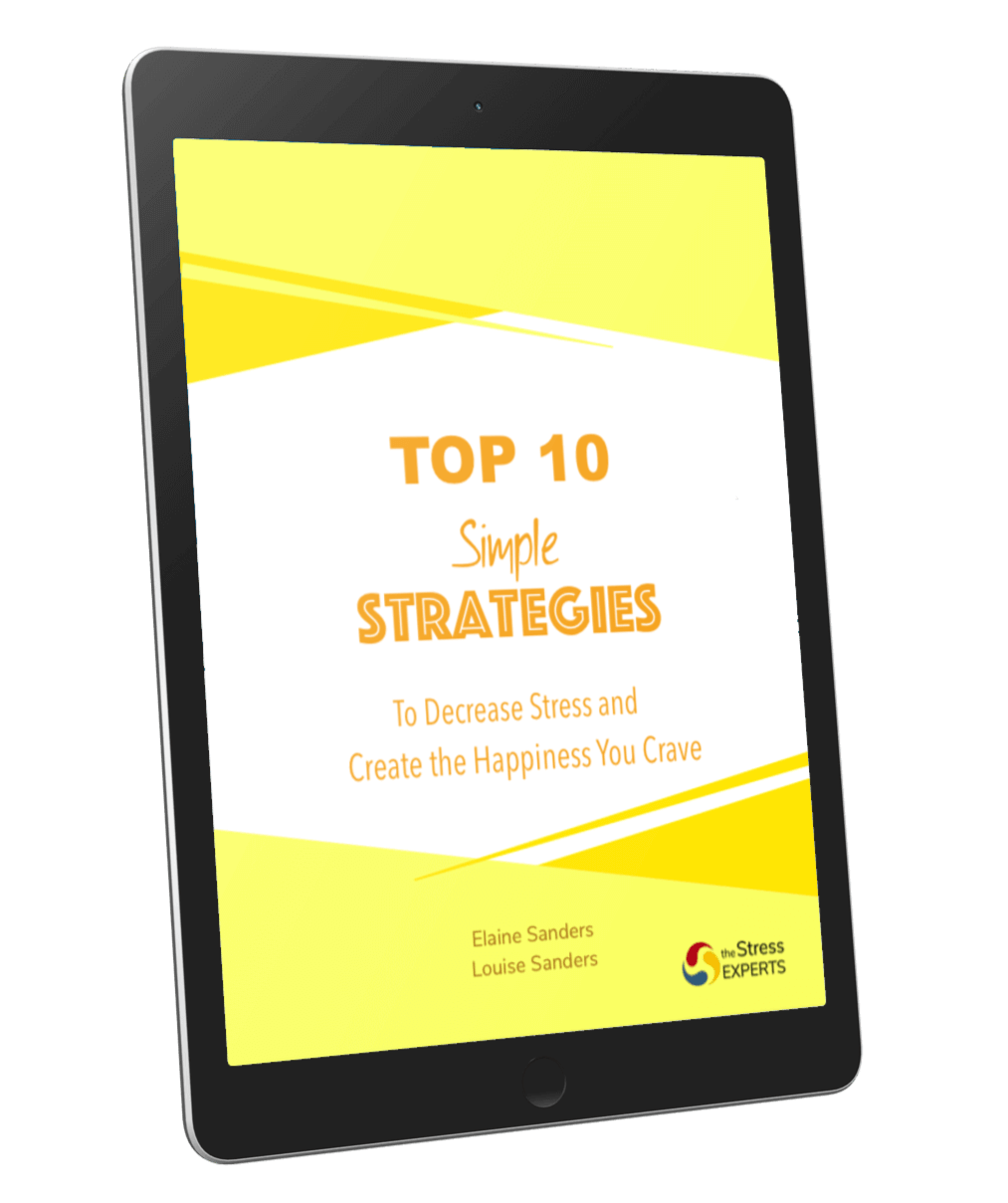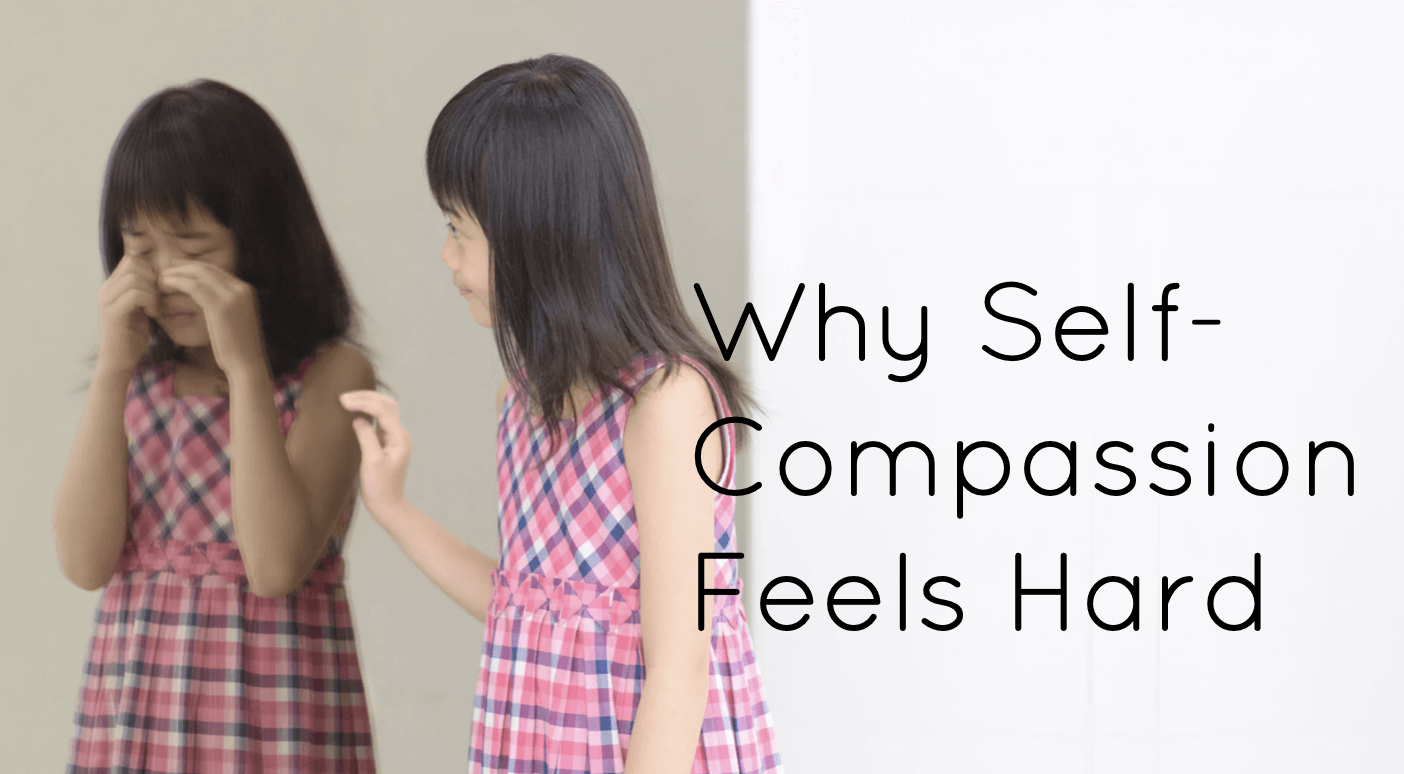
“Why is self-compassion so hard?Why is it easier to be compassionate towards others but compassion towards myself feels so unnatural.”
That’s because in some ways, it is unnatural…but self-compassion is very beneficial for you so it’s worth learning how to cultivate more of it.
Kristen Neff, a leading expert on self-compassion, explains why self-compassion is difficult. Here’s what she says...
Read more...
I love Christmas. The decorations, the lights, the palpable energy shift as the year comes to a close.
I watch Christmas movies, but I’m not entirely sure if I actually like them…they can be so lame. However, I recently enjoyed an animated Christmas movie on Netflix called, “That Christmas”.
In the movie, there is a quote:
“Christmas is a bit like an emotional magnifying glass. If you feel loved and happy, Christmas will make you feel even happier and more loved. But if you feel alone and unloved, the magnifier gets to work and makes all those bad things bigger and worse.”
I know not everyone loves Christmas. For some, it can be a very challenging time of year.
I received an email from The Daily Wellness - a free email list that sends out science-based tools and tips for mental wellness - that addressed this very idea and provided tips for navigating the season. It was written by Cherish A. Smith. I am sharing it here...
Read more...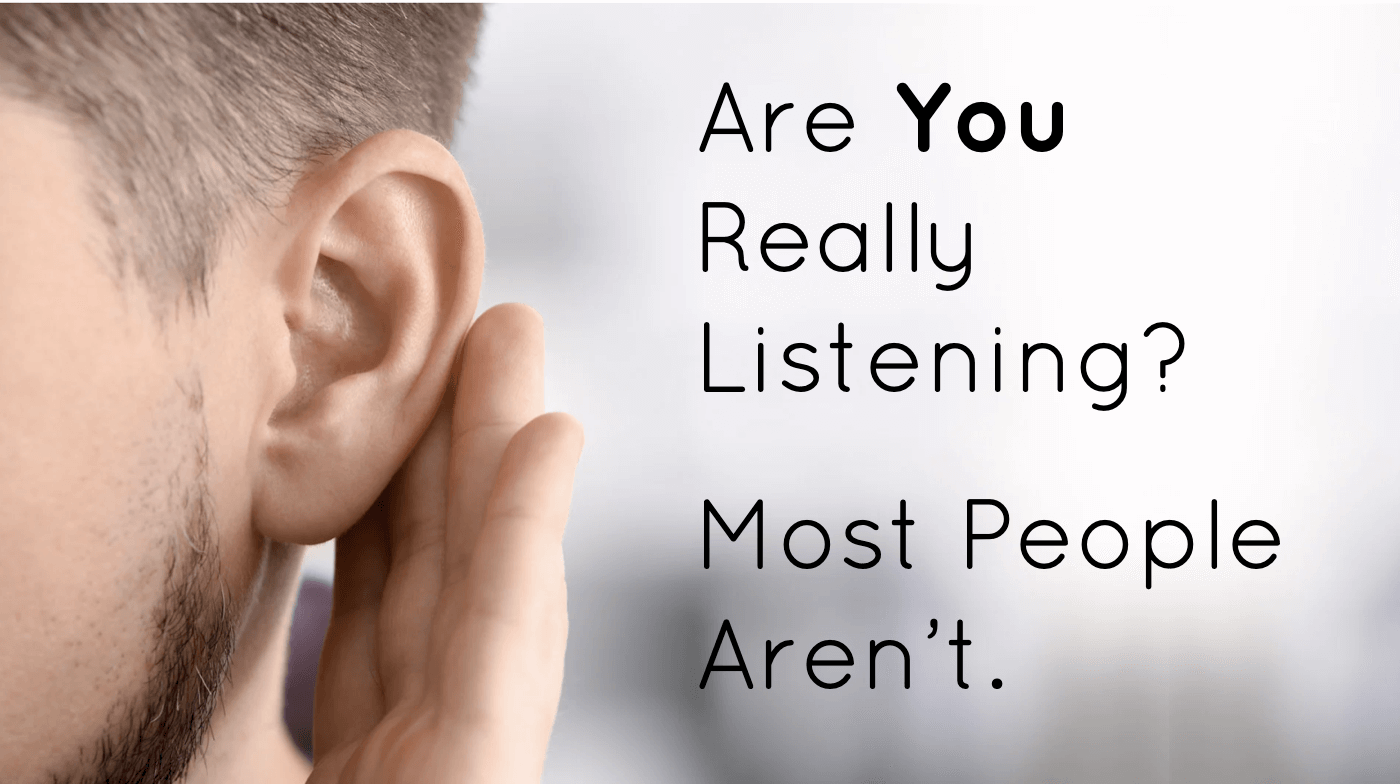
Have you ever stopped and wondered why we communicate? Like, why bother? Especially when there is so much heartache, hurt, and pain caused by miscommunication, misinterpretation, and misunderstandings.
Is communication really worth the effort and the risk?
Yes! It is.
Communication is a process of relaying information. But, to humans, it is more than that.
Humans are social creatures. There are negative psychological effects when we are isolated and not able to communicate with others for prolonged periods of time. Social isolation is even used as a form of psychological torture and extreme coercion.
There are several memoirs...
Read more...
It’s getting close to the holidays again. Holidays means family gatherings. Family gatherings sometimes means dread and added stress.
I recently read an email from The Daily Wellness that had a pretty good piece about this very thing. It was called “When You Dread Family Gatherings Because You Don't Have Your Life ‘Together’"
I have it here for you. If you find yourself dreading your family gatherings, I hope you get some helpful pointers from this…
Read more...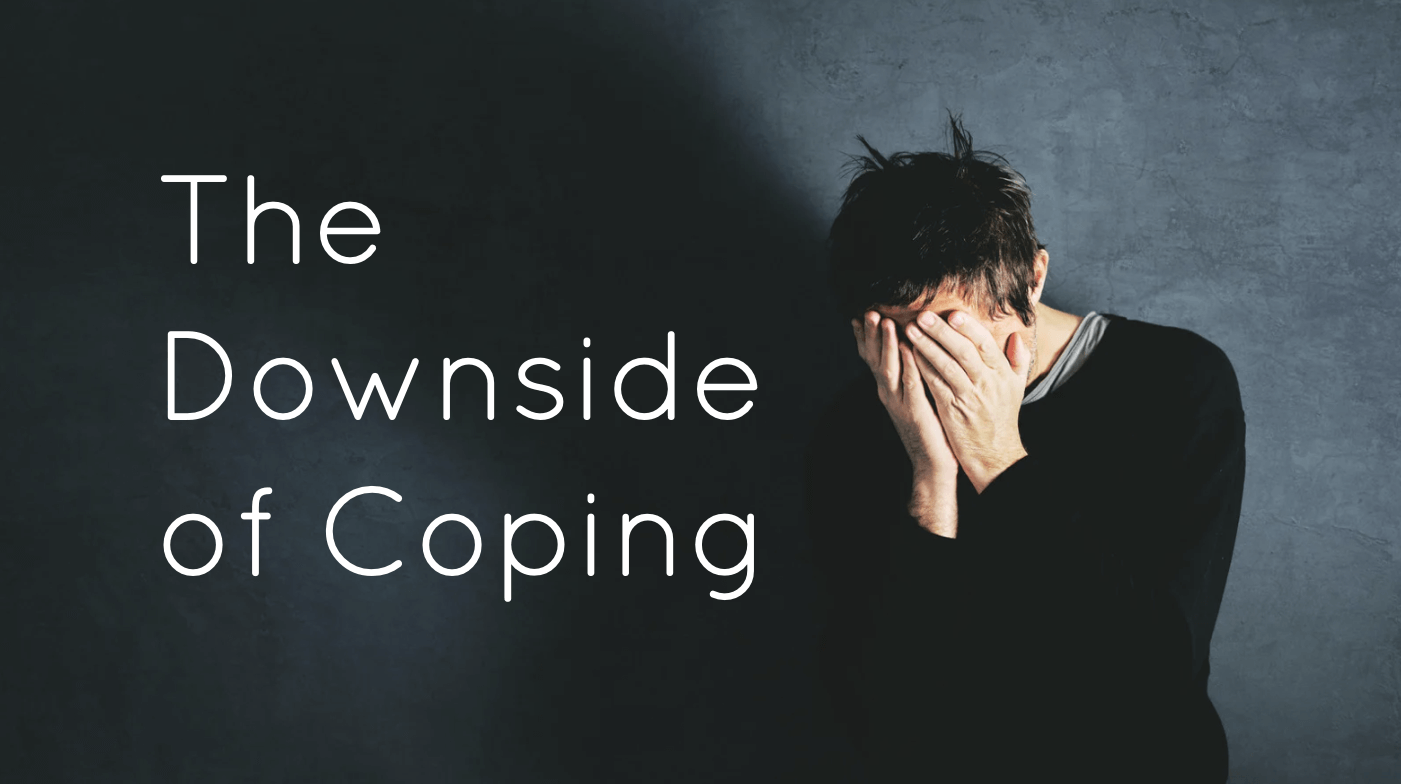
Sometimes you are unaware of it, but looking for approval or trying to live up to someone’s expectations is something we regularly do. The approval feels good and makes us feel that we belong and are acceptable.
But what happens when we don’t meet someone’s expectations? What if we feel we fall short or are inadequate? We call it a “weakness” and “weakness” is deemed as “bad”. We feel unacceptable. We feel we don’t belong and feel separate. This is emotionally and psychologically painful.
So we cover the weakness with a coping mechanism and we will feel acceptable again. This is usually done unconsciously.
For example, Lilly is funny and sarcastic...
Read more...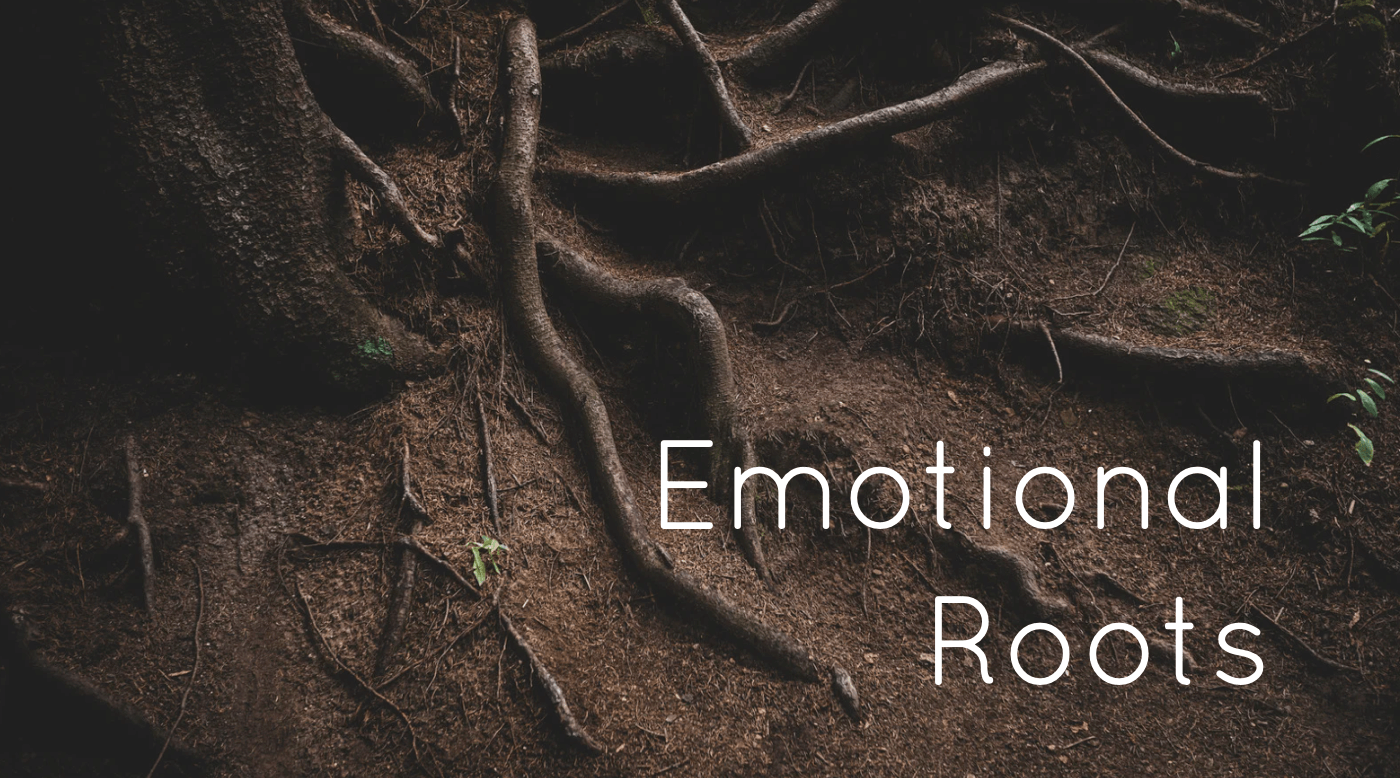
I recently watched a movie called “Love Happens” (2009) in which a widower, Dr. Burke Ryan, becomes a best-selling author because of his self-help book on coping with loss. He is leading a weeklong conference helping others cope with their losses.
But…Spoiler Alert!!… he hadn’t actually worked through his own grief and loss.
Even though he gave some valid points in his book and at his conference
Read more...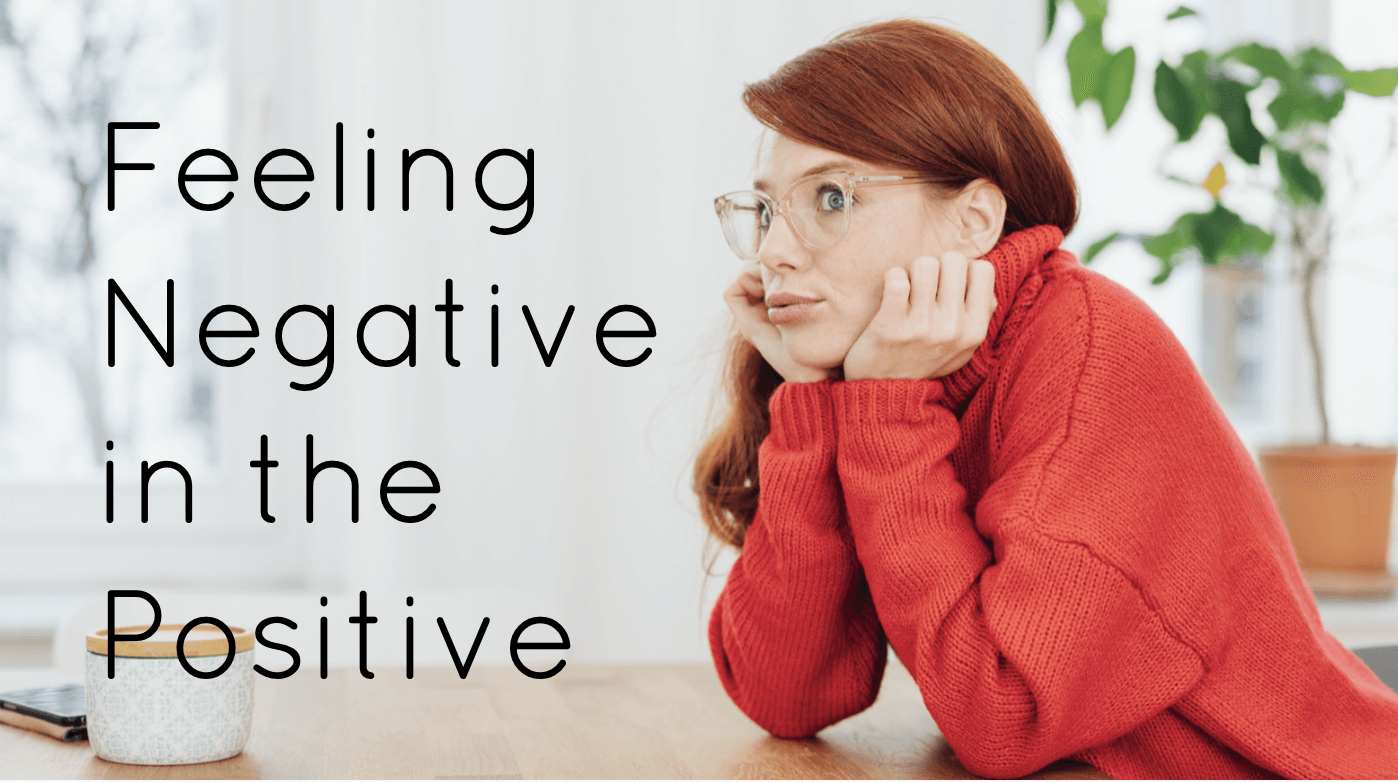
Every once in a while I tend to notice common themes in some of my clients.
Recently, I have been hearing my clients say something along these lines: “My life is good. I have a good job. I have a house. I have food. I’ve got people who love me and whom I love. I’ve got kids/grandkids. …but why am I feeling this way? Why am I not happy? Look how blessed I am! There must be something wrong with me. It is unreasonable.”
Maybe you can relate.
Do you wonder why...
Read more...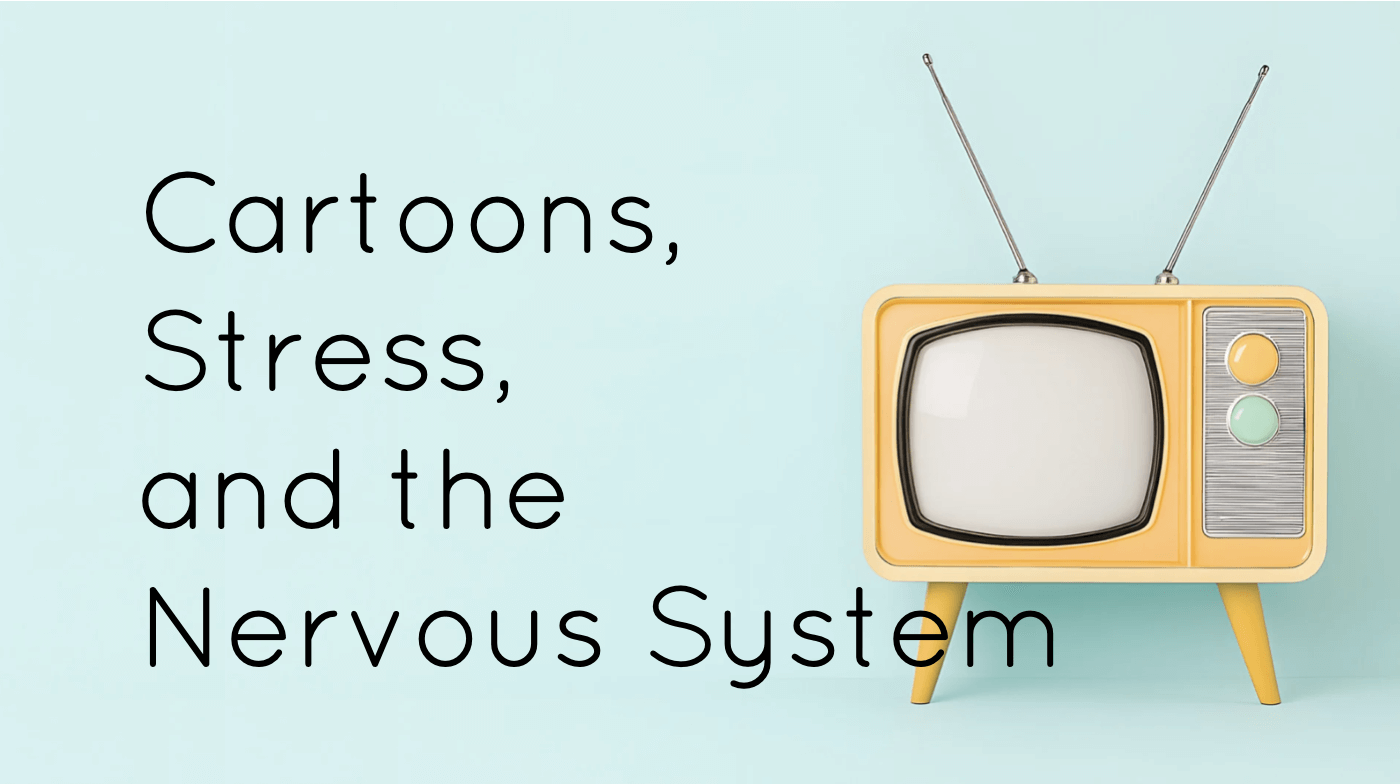
I texted a friend, “What are you up to?”
He replied, “Trying to take over the world, Pinky. lol.”… referencing the 1998 animation of Pinky and The Brain.
This got us talking about our favourite childhood cartoons. He commented that he showed an episode of this cartoon to his young daughter and she thought it was “boring”.
It is in my opinion, that with the rise in fast-paced action that we expose young minds to, we are training our children’s nervous systems to operate at a high-level of stimulation. This high-level stimulation is stress - not healthy and not desirable.
Look at the higher-action animation series of ...
Read more...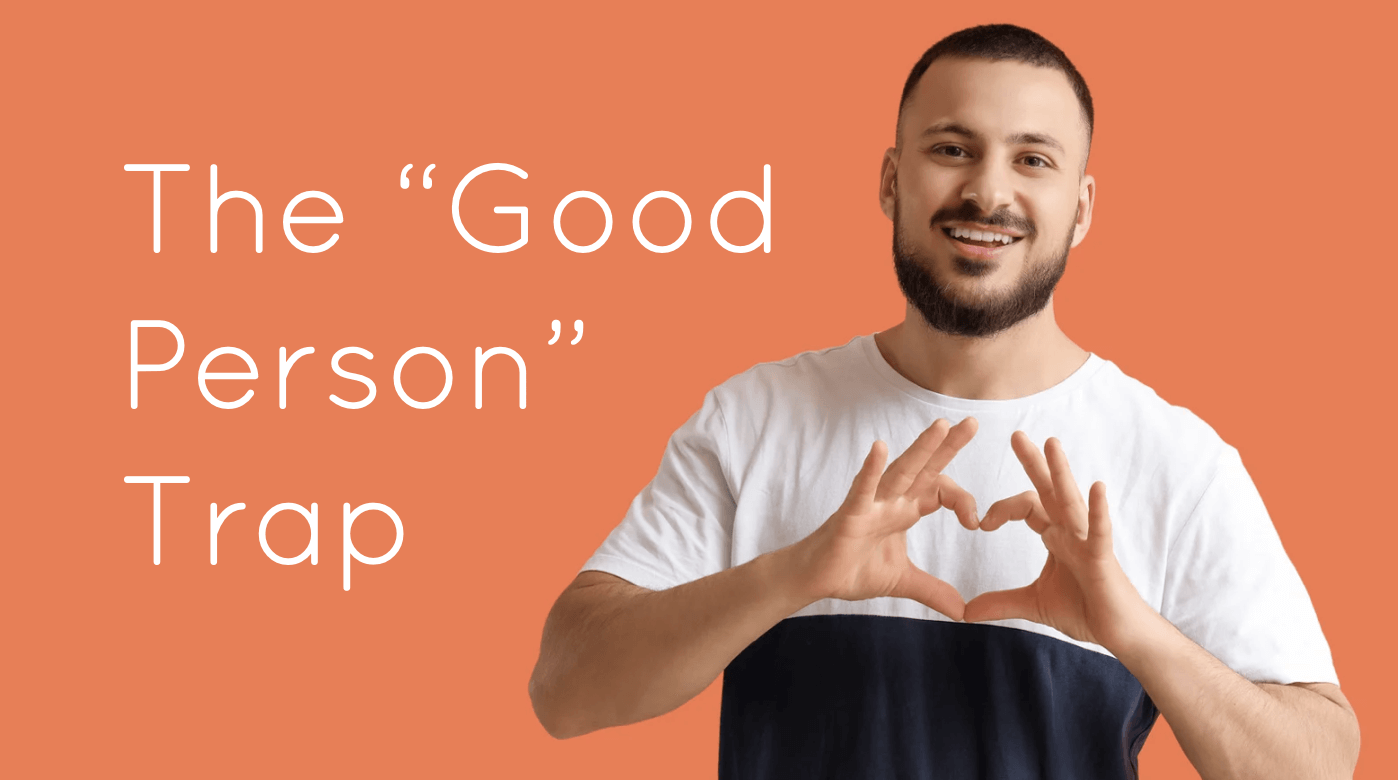
Have you ever caught yourself saying “yes” when every part of you wanted to say “no”? Or apologizing just to smooth things over, even when it wasn’t your fault? That’s what I call the “Good Person” trap—and I know it well. In this post, I share a gentle reminder that kindness doesn’t mean abandoning yourself. You’ll find simple ways to pause, listen to your truth, and connect with others without losing who you are.
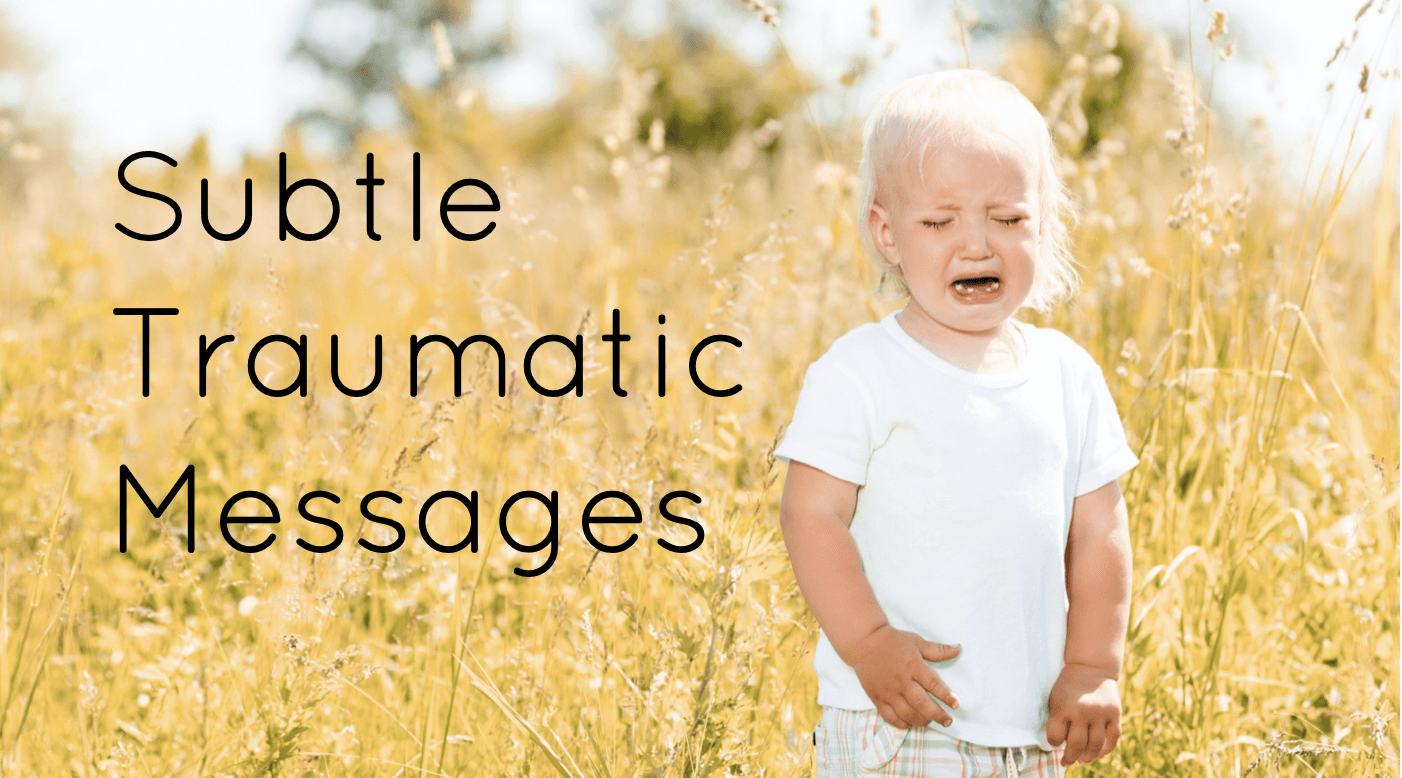
Imagine a 6-year-old girl, named Lily, skips up to you carrying a piece of paper. She proudly displays to you her work of art on which she has focused her effort for a whole 15 minutes.
You see the black outline of a Disney princess with several colours scribbled here and there. The little girl didn’t colour inside the lines and it appears that she chose to make the princess’s dress dark brown and the shoes mint green - not matching at all.
You say, “Oh! You should try to colour inside the lines. And a brown dress doesn’t really go with that green.”
Imagine a 5-year-old boy...
Read more...
This week marks the one year anniversary of my sister’s death. She died at the age of 42 from cancer. It was a short journey with cancer, from diagnosis to passing away - only 5 months.
But I never lost hope.
And I still haven’t lost it.
When it comes to illness, “having hope” does NOT...
Read more...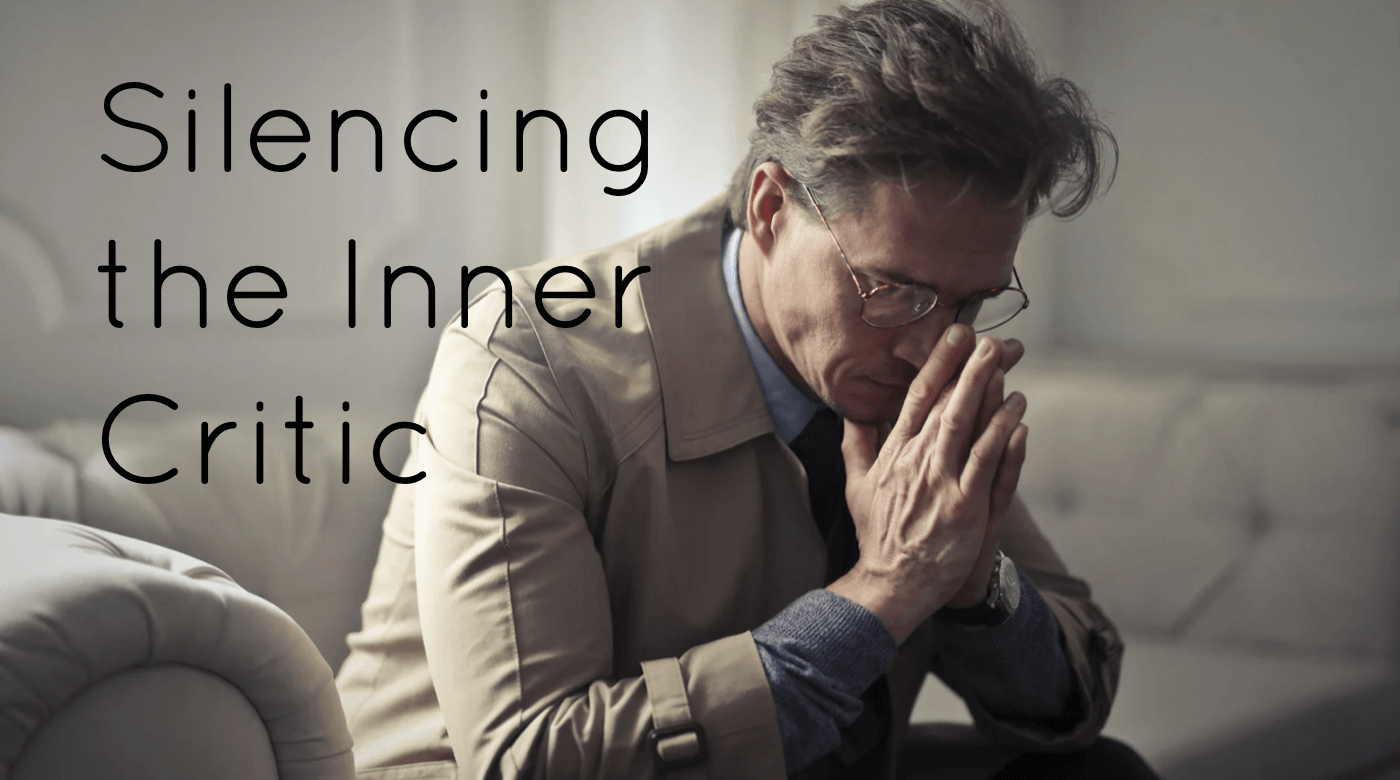
We all have an inner voice. Sometimes that voice can be hurtful. It can steal our motivation and make it difficult to persevere. Some examples are: “Who do you think you are?” “That’s not going to work out.” “I’m a failure.” “I am a fat loser.”
Many of us mistakenly believe that the Inner Critic is a renegade that needs to be fought, controlled, and silenced.
The “Inner Critic” has a bad reputation. It is seen as the “bad guy” who is mean, who keeps you stuck, holds you back, and picks you apart. While this may be what it looks like on the surface, there is much more going on underneath.
And in order to silence the Inner Critic so you can feel less stressed and accomplish your goals, you have to first understand it.
The first thing to understand...
Read more...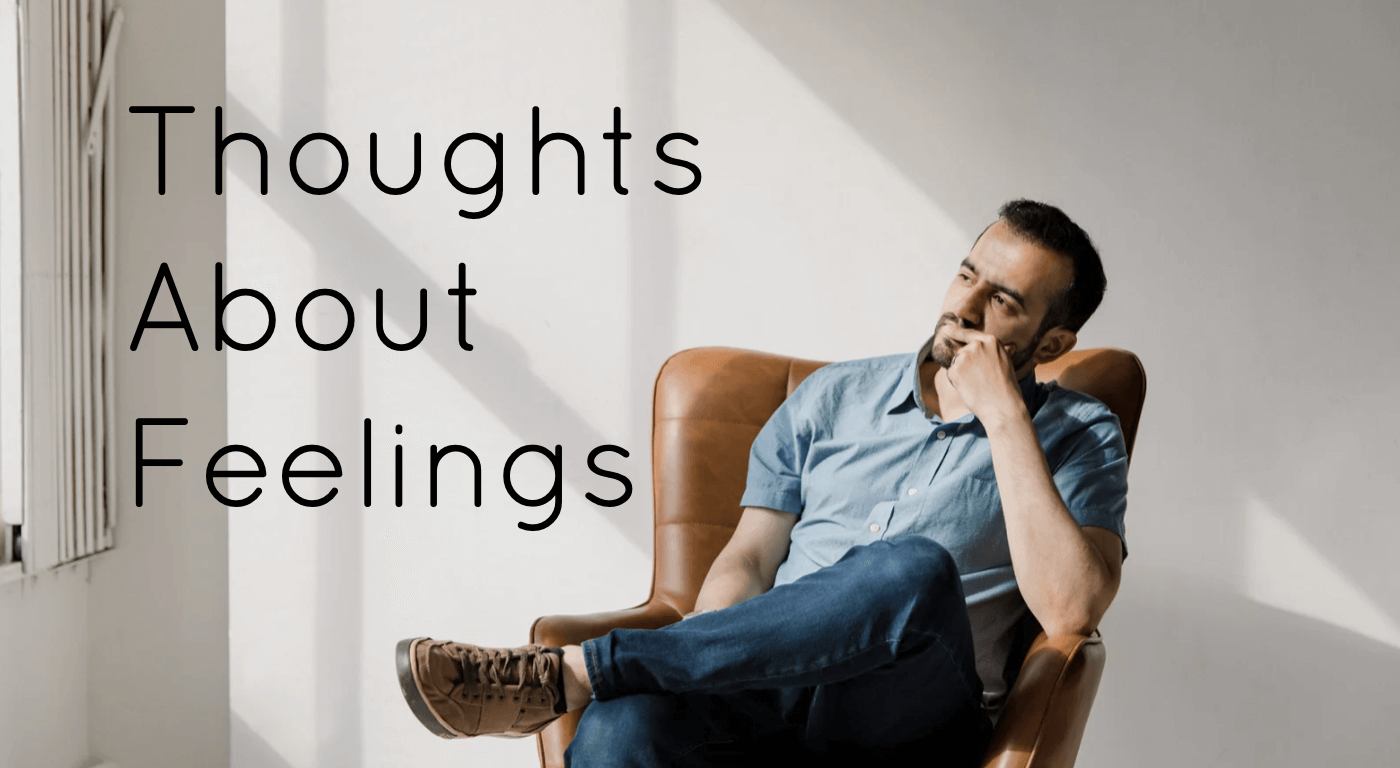
“There is nothing either good or bad, but thinking makes it so.”
-William Shakespeare
This quote is very true when it comes to the topic of emotions.
All of your emotions are neither good nor bad. However, the way you think about your emotions - your beliefs about your emotions - determines whether you see them as “good” or “bad”.
Beliefs can be described as thoughts with strong feelings behind them. You may not even be aware that you have beliefs about emotions.
Why do your beliefs matter?...
Read more...
I used to think that feeling anxious, overwhelmed, afraid, angry or any other “negative” emotion was simply an unpleasant experience - just something that happens to us humans. And that a “positive” emotion was something that happened when things go well, when the stars aligned.
I thought we had no influence over our emotions.
I was sometimes aware that when I had a negative emotion I didn’t feel the greatest - a pit in my stomach, tightness in my shoulders, a sensation of wanting to curl into a ball in a corner - but I didn’t know anything more than that.
I didn’t know that there are significant changes that take place in my body as a result of my emotions that have some serious health and well-being implications.
Did you know...
Read more...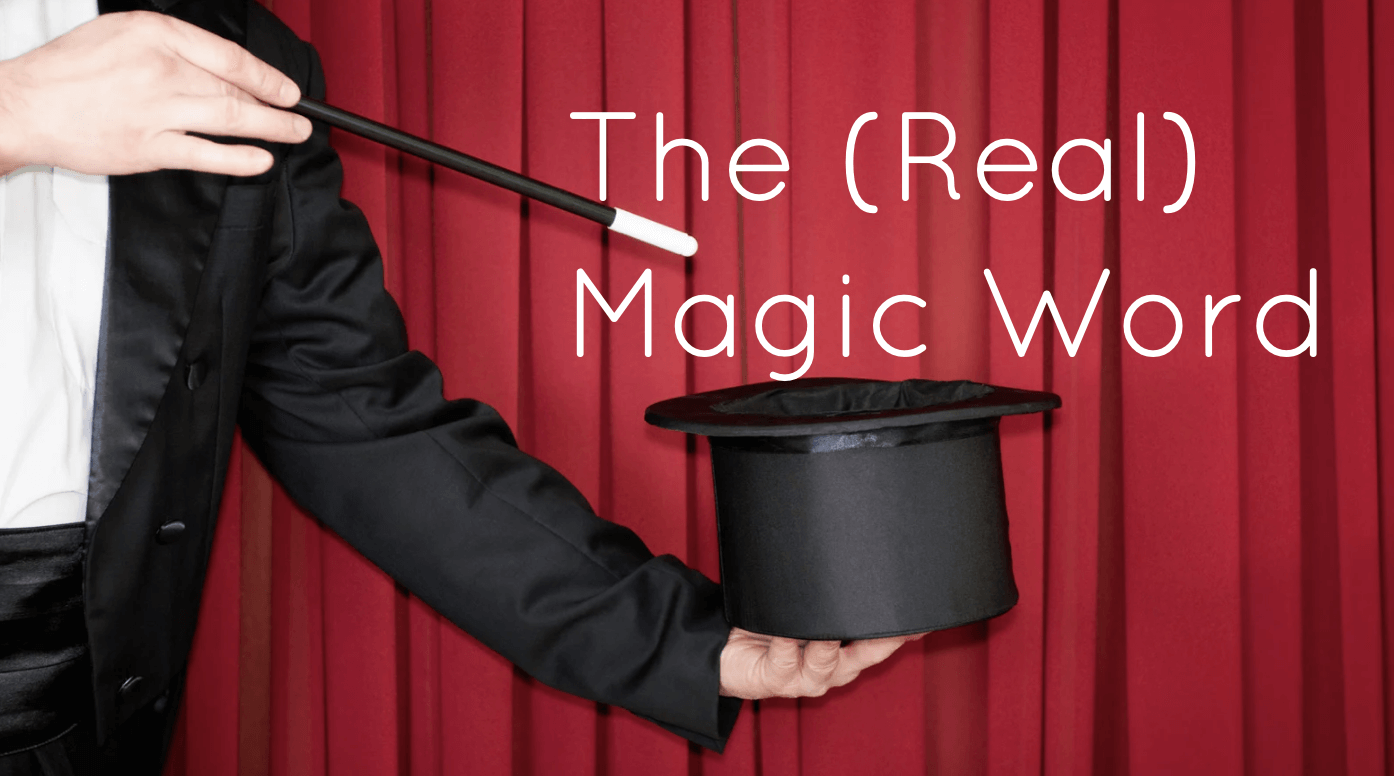
My clients come to me because there is something in their life that they would like to see/have/be different. This is obvious because they wouldn’t be working with me if they had nothing they wanted to change, right?
This problem can be anything really - troubles in relationships, struggling to regulate emotions ie. stuck feeling anxious or guilty, wrestling with self doubt, suffering with symptoms of PTSD, being unable to relax.
Admitting to having “a problem” takes courage!
Getting help with “a problem” takes courage!
The next courageous action to take is to say the magic word…and that word isn’t “please” or “abracadabra”...
Read more...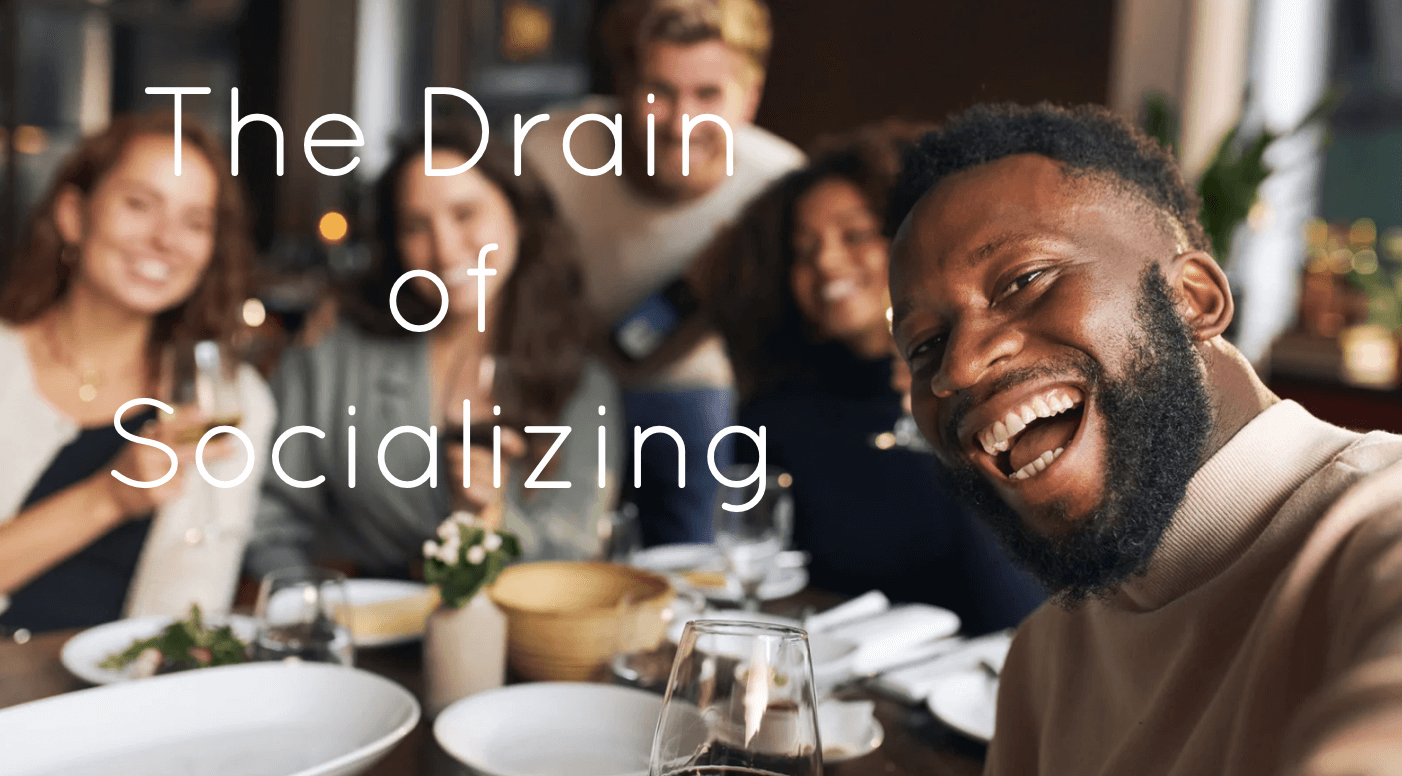
Every once in a while, I get an email from The Daily Wellness with great simple tips to improve wellness. I recently received one that I really resonated with. It made me feel like I’m not crazy, or alone. As I was reading it, I was thinking, “You mean it’s not just me?! Maybe I’m not actually “doing social situations” wrong!?”
I’m thinking that you might resonate with it, too, and benefit from the suggestions, so I am sharing their email with you here. Enjoy!
The Question: “Why do I get so emotionally drained after hanging out with people, even people I like?”...
Read more...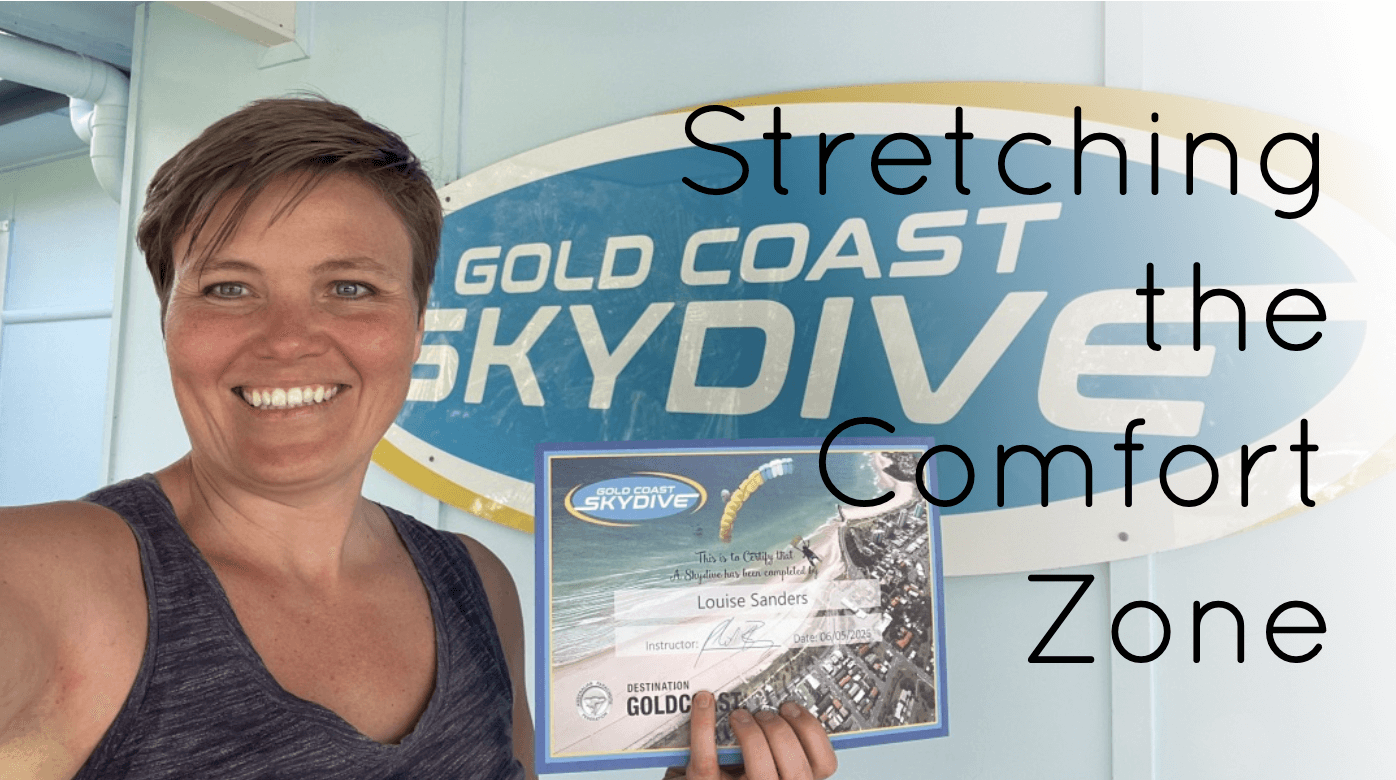
May 2025 has been a very different month for me.
In February, I received an email about an in-person EFT course on May 2-4 that sounded really interesting and I decided I was going to go. Then I saw that it was in Gold Coast, Australia. “Well,” I thought, “I guess I’m not going.”
But then I thought, “Why not? What are my reasons?”
Honestly, I didn’t really have very good reasons. They were: “it’s outside my comfort zone” and “it’s just not what I do”. Staying in my comfort zone and doing what I always do is safe.
There is nothing inherently “wrong” with staying in your comfort zone and doing what you always do. Actually, it is important to feel safe. When we feel safe, our nervous system calms down and balances and our stress decreases. When we go outside the comfort zone - by trying something we haven’t done before or haven’t mastered - it feels unsafe. Without effective stress management skills, our stress level can become unmanageable and our only way to deal with stress is to retreat back into our comfort zone.
When you have the tools to effectively manage stress, you can stay outside your comfort zone while regulating your nervous system so you feel safe and your zone of comfort expands.
A while back, I heard someone say...
Read more...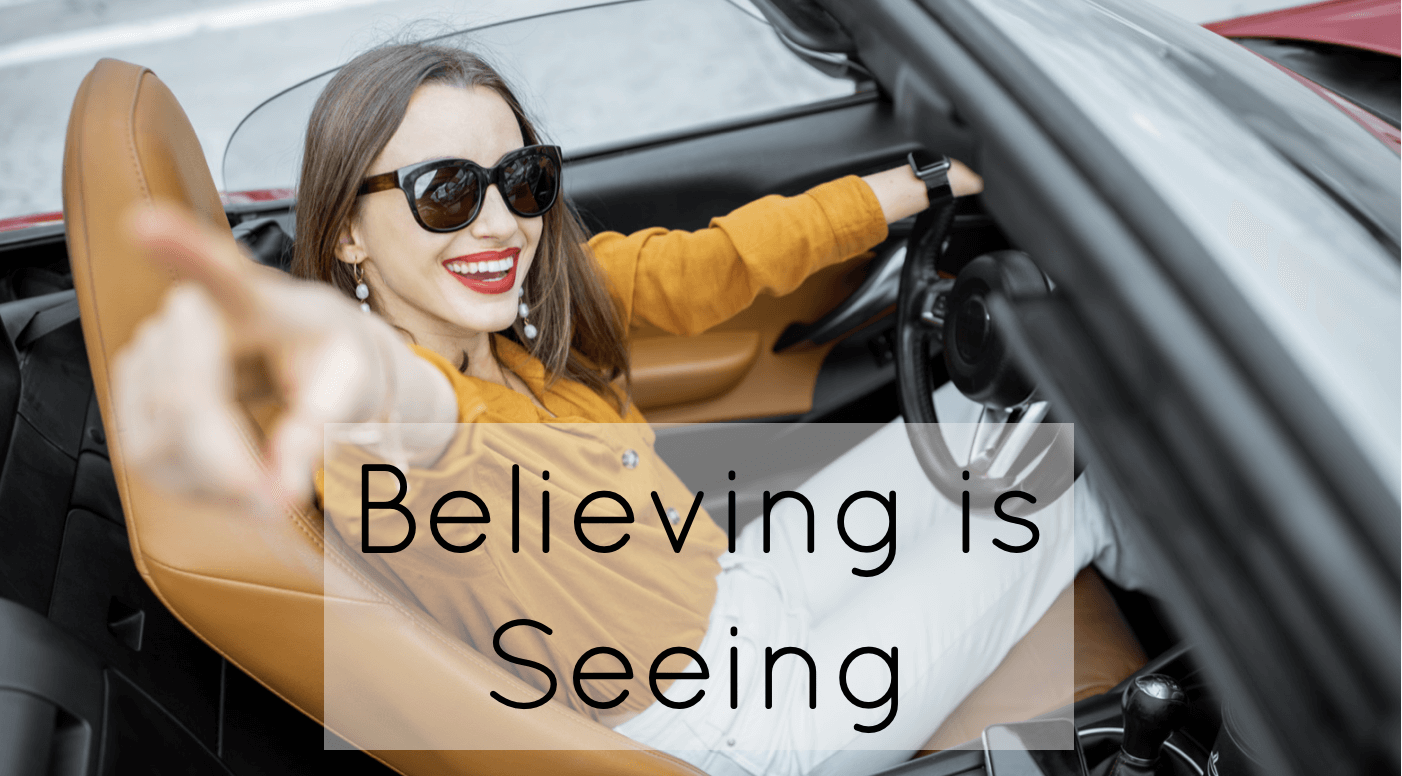
I am in Gold Coast, Australia as I write this. I came here for a 3-day EFT (Emotional Freedom Techniques)/Tapping course and I am staying for about 3 weeks. The scenery is so much different than Manitoba, Canada!
When I arrived, I got an Uber from the airport to my AirBnB. After I got over the shock of seeing the steering wheel on the wrong side of the car and everyone driving on the wrong side of the road, I started talking with the driver...
Read more...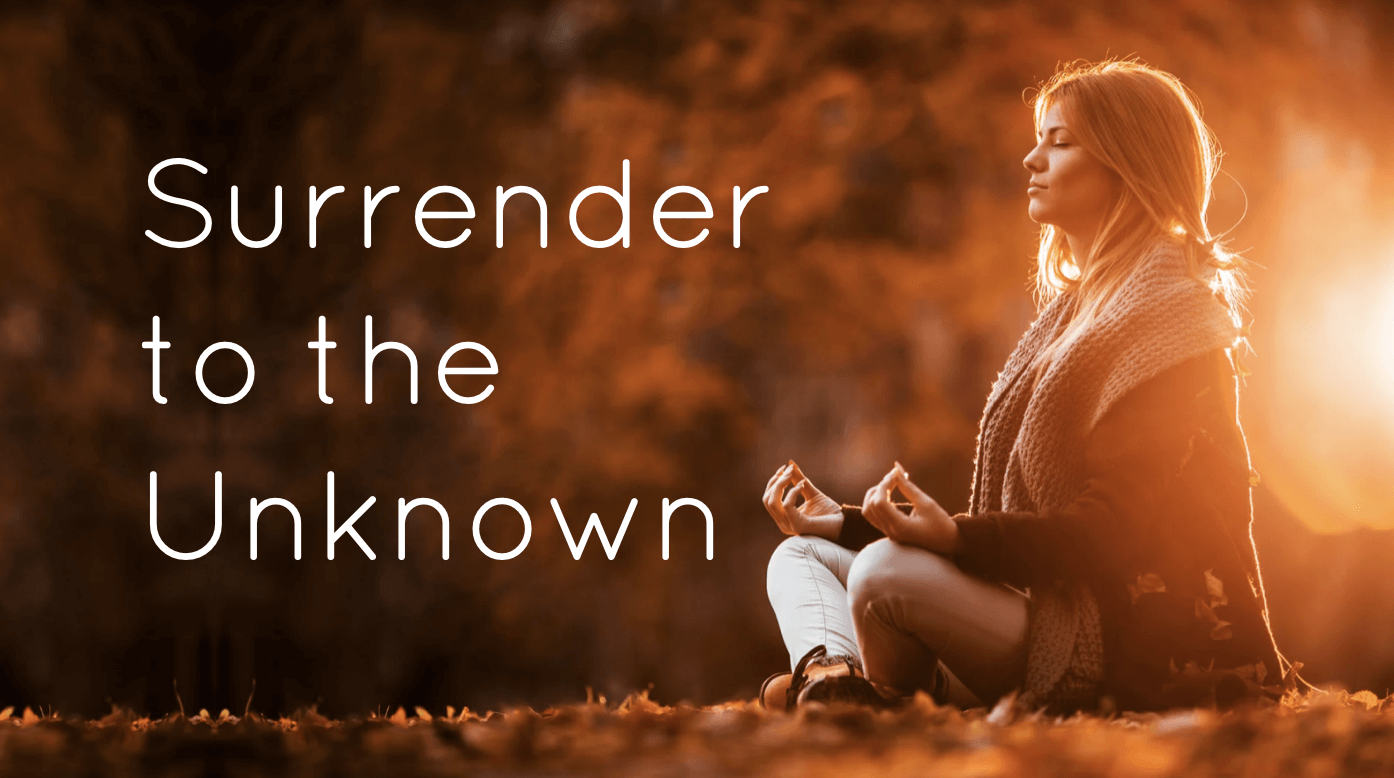
I am subscribed to Richard Rohr’s Daily Meditation. I get daily emails. Many times, a lot of what is shared there overlaps with what I offer and share with my clients and audience.
On Saturdays, he provides an activity or practice. I really liked this one from Buddhist teacher Kaira Jewel Lingo that he sent and wanted to pass it along.
This is especially for you if you find yourself worrying about the future (the next minutes or the next years), wondering how things are going to turn out, what it will mean to you, or how and if you’re going to be okay.
I encourage you to slow down and actually do this practice as you read it. It is super simple and super effective at creating more calm in your body and mind.
And please tell me your experience by email or by commenting! Enjoy:

There’s a lot of talk about stress nowadays. But have you ever stopped and considered what really is stress? Where does it come from? Why doesn’t it go away? Why does it seem to be generally getting worse? And what can we do about it?
Let’s explore these questions.
What really is stress?
There are a few different ways to define stress. The way I define it is “physiological disharmony as a result of experiencing a negative emotional response to your perception of your life situation.”
It sounds like a mouthful! Let’s break it down...
Read more...

